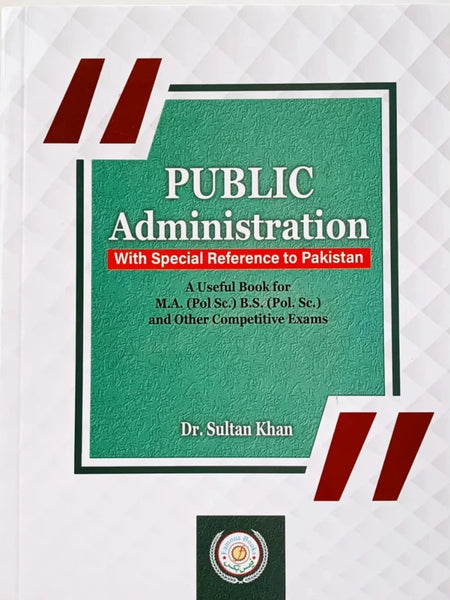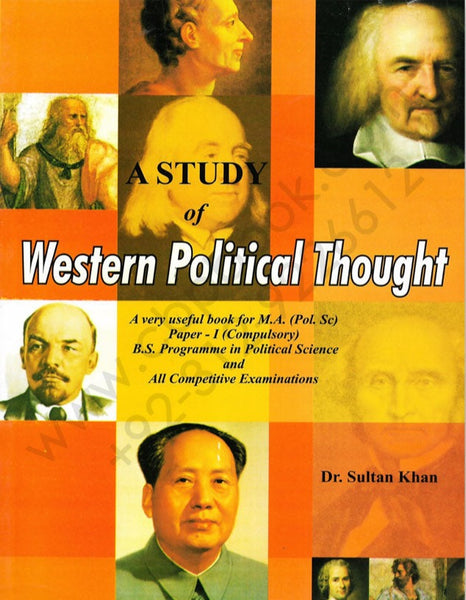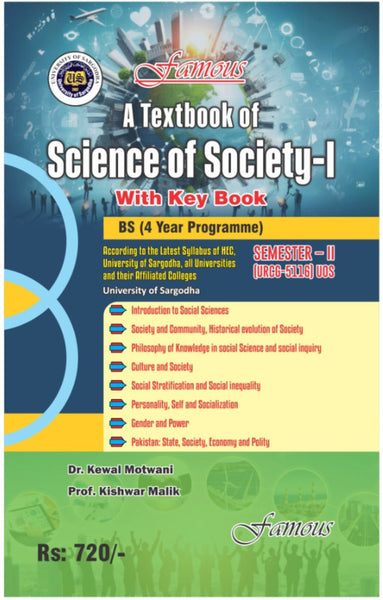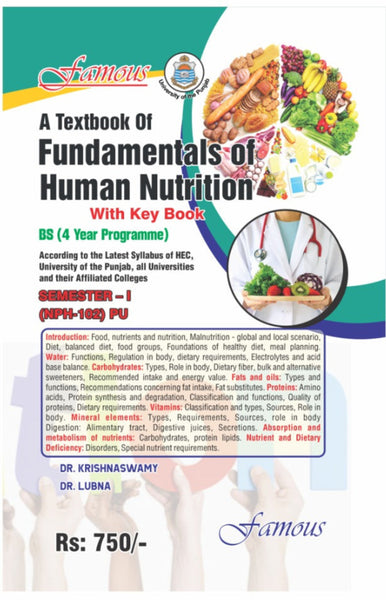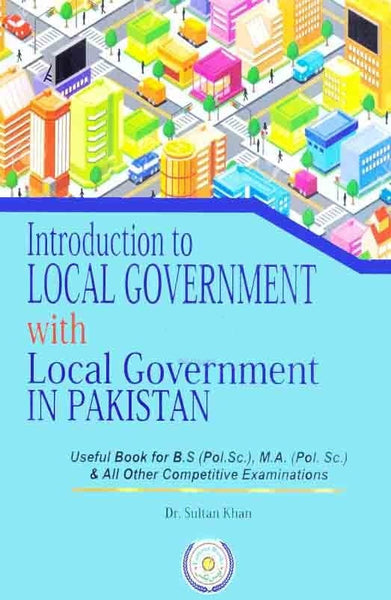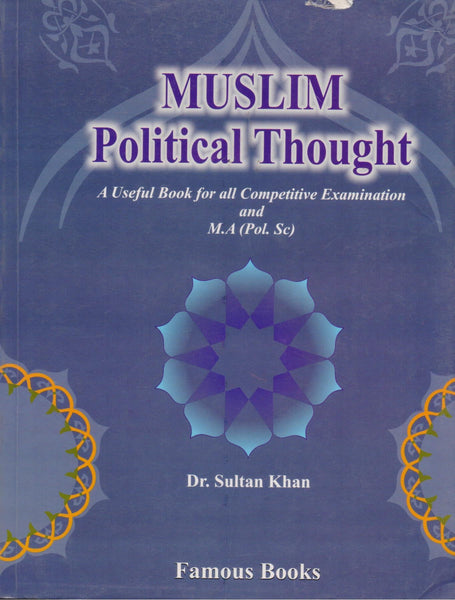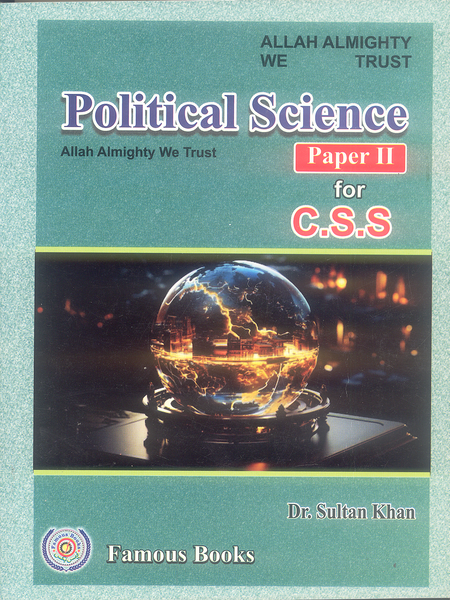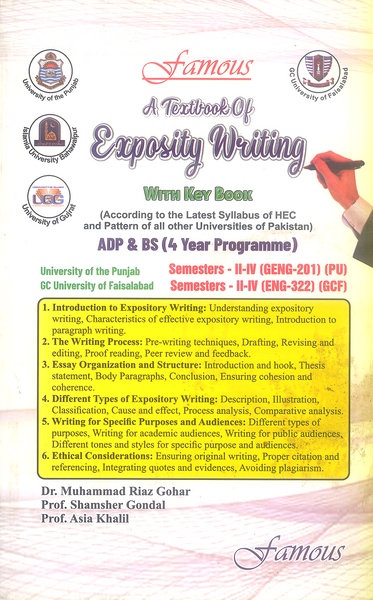Literary Forms Trends Movements & Literary Theory by Dr Raghukul Tilak
- Publisher: FAMOUS BOOKS
- Availability: In Stock
- SKU: 46844
- Number of Pages: 582
Rs.1,200.00
Tags: character development , character motivations , coma patient , comatose state , compelling narrative , consciousness exploration , dark atmosphere , deep introspection , doctor-patient relationship , dream sequences , gripping storyline , hospital drama , identity crisis , inner thoughts , introspective narrative , life support , Literary Forms Trends , Literary Forms Trends Movements , medical mystery , mental health themes , mind perception , Movements & Literary Theory , mystery novels , near-death experience , price cut , price-friendly Comprehensive , psychological horror , psychological thriller genre , psychological trauma , reality perception , reality vs illusion , ReasonablePrice , reduced price , survival instincts , suspense fiction , suspenseful plot , thriller elements , trauma recovery , unconscious mind , unpredictable storyline
Literary theory encompasses various critical approaches and perspectives that analyze and interpret literature. This comprehensive overview explores the evolution of literary forms, trends, and movements, offering insights into the dynamic interplay between writers, texts, and cultural contexts.
Key Points:
-
Definition and Scope of Literary Theory Literary theory examines the principles underlying literature, addressing questions of meaning, form, and interpretation.
-
Major Literary Movements Discuss significant literary movements such as Romanticism, Modernism, and Postmodernism, highlighting their defining characteristics and key figures.
-
Theoretical Approaches Explore critical theories including Formalism, Structuralism, and Feminism, elucidating their contributions to literary analysis.
-
Literary Forms and Genres Analyze different literary forms such as poetry, prose, drama, and their evolution across historical periods.
-
Cultural and Historical Context Examine how literary trends are influenced by socio-political events and cultural shifts, shaping literary production and reception.
This exploration provides a nuanced understanding of literary theory's dynamic nature and its enduring relevance in interpreting and appreciating literary works across time and space.



